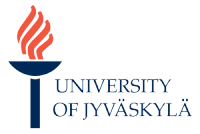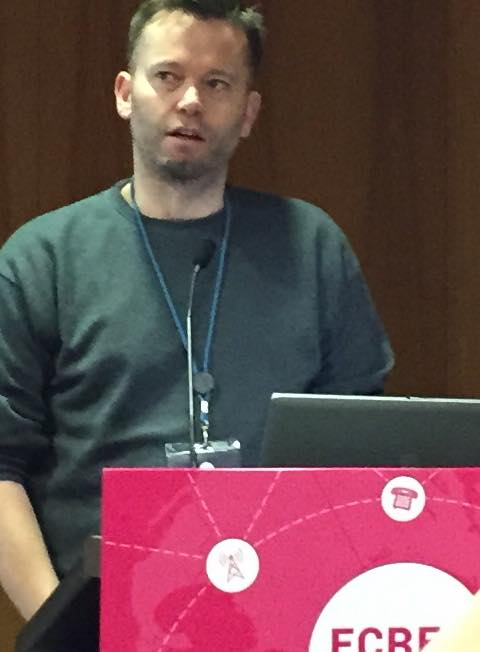
Christian Christensen, of University of Stockholm, denounced the techno-predeterministic view that WikiLeaks came to be, and continues to exists solely because it can. Instead the organization fills an “information void” left by the shortcomings of mainstream media, Christensen argued. He describes the story of WikiLeaks of having three distinguishable phases, throughout which the organization entered the mainstream from the fringes, and finally returned to the margins in notoriety.
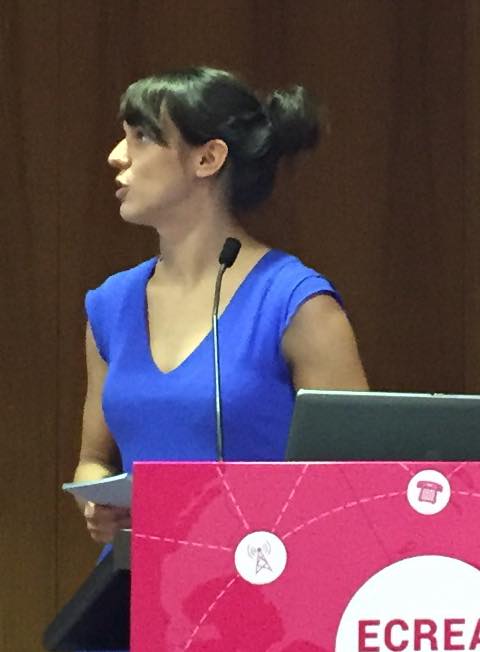
Danielle Raejimaekers and Pieter Maeseele, both of University of Antwerp, presented a paper calling for an alternative to the “watchdog”-ideal of journalism. Only a critical model will be sufficient to duly untangle the relationship between media and democracy, the authors argue. This relationship should be of great interest in these times of media market restructuring, and subsequent changes in said relationship.
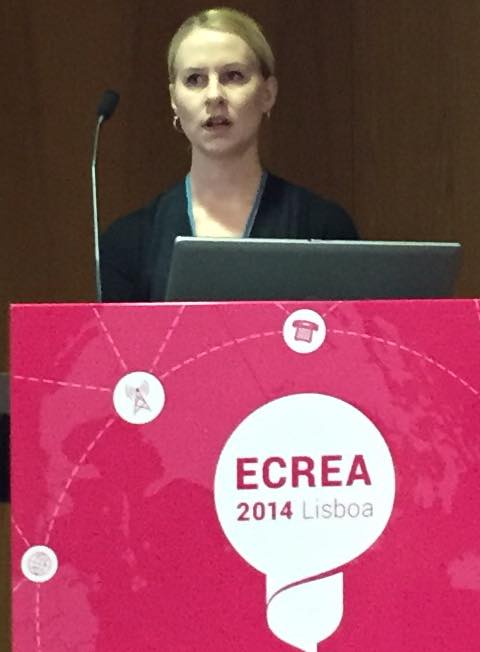
Niina Niskala, of University of Jyväskylä presented a paper by her and William H. Dutton, of University of Oxford, on how social networking sites (SNS) enhance the communicative powers of individuals. In Finnish context, the authors argue, the country’s most popular SNS, Facebook, has succeeded to create something of a “Fifth Estate”; connected clusters of actively communicating citizens able to dislodge agendas set by formerly hegemonic communicative authorities.
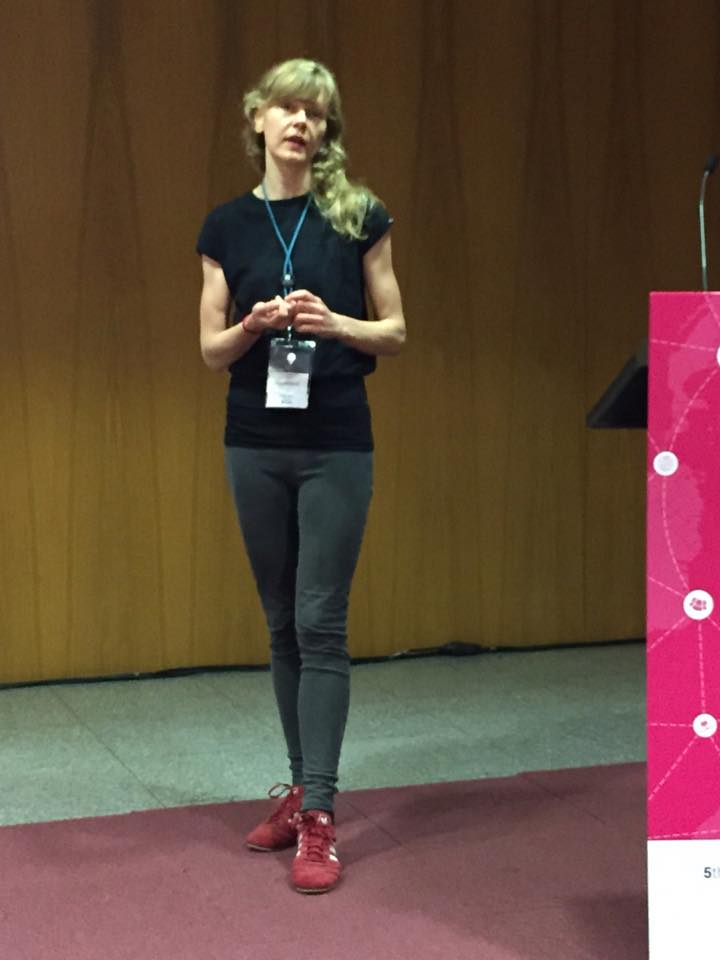
Julie Uldam, of Copenhagen School of Economics, spoke of corporate means of stunting conversation critical to them in social media. In her example, large oil companies were vehement in their pursuit to silence voices claiming corporate environmental protection efforts as disingenuous PR stunts. The philosophical construct corporations put up as a front, that of post-political society in which corporate profits and societal and environmental responsibilities need not collide, can be sustained only through active removal of any signs of critique.
